Are Greenwich Council wasting millions in Right to Buy housing income?
Back in April 2012 the Coalition Government decided to boost discounts available through Right to Buy purchases of council homes. Since then there’s been a marked increase in public housing sold off across Greenwich Borough, as in many other places across the UK. This has caused a real squeeze for local authorities being able to house people, particularly when they are legally obliged to do so.
It has however led to a rise in income to councils – though far from enough for like-for-like replacement. But is this income being spent correctly by Greenwich Council? It appears not.
Unlike Right to Buy in the 1980s, income from the scheme is not automatically sent to central government but retained locally yet must be spent within a fixed period of time. That brings us to a document which shows how Greenwich plan to use some of this income – and their proposals are the worst in terms of value for money and providing additional housing; buying homes off the market at three times the cost of partnering with their own subsidiary Meridian Homes or Housing Associations.
Firstly, central government places heavy restrictions on a local authority’s ability to build. England is the most centrally-managed developed nation on earth with local government possessing very little power, and Greenwich borough has one of the strictest imposed limits.
There has been some limited though very welcome moves towards building more social housing across Greenwich Borough, as covered here, but it’s far from easy. A second option is to create an arms-length company which can develop homes by avoiding strict government restrictions.
Arms-length housing companies
Authorities across the board are now creating these – from Bexleyco in Tory Bexley to Red Door ventures in Labour Newham set up three years ago with very ambitious plans. Here’s just a couple of their schemes:
Over in Barking and Dagenham 620 homes have been built by Reside. Greenwich Council set up their own arms-length company named Meridian Housing back in 2011. Good luck finding out much about it though (compare this page on Meridian with few details to Newham’s Red Door Venture’s site here) and Greenwich appear to be far behind other authorities in progressing schemes.
So with time running out on spending some Right to Buy income before it has to be returned to central Government, Greenwich have just announced where they will spend money and it’s mainly in the least cost effective area – buying homes at market value (at the top of a housing bubble no less).
This of course also does nothing to expand the total housing stock. Every home bought is one less available to others looking to buy or rent.
This screenshot from the council’s report shows how much it costs to add a home to the council’s housing stock either through building outright (£223,000), through a stake in Housing Association developments (£106,591) or acquisition of existing homes (£394,550)
This all has the whiff of rushing through spending to avoid sending it to Central Government instead of having a well organised plan to provide replacement homes through Meridian Home Start or close working relations with Housing Associations.
They’ve had six years to establish and get Meridian Homes moving. Central Government does not make it easy but are Greenwich making it yet harder?
We know the Housing Department is a bit of a shambles in certain areas, and cannot even do the basics such maintaining public spaces in a safe manner or enforce against prolific parking problems even when it would raise revenue. Reports on their performance in other areas is a litany of failed targets. After paragraphs of back slapping in this recent report the actual data arrives with things like this:
“83.92% of non-urgent repairs (6,011 repairs out of 7,163) were completed on
time against a target of 96%”
For urgent repairs it was even worse – just 75% completed on time against a 98% target. See Page 9 here.
Revenue loss due to empty homes was 1.91% against a 1.1% target.
And amazingly it reveals Greenwich Council have not been inspecting the condition of homes when tenants leave making it harder to claim back costs.
Housing Associations
Another option is to align with Housing Associations to provide funding from Right to Buy for social housing. This has happened on occasion, but should this have been pushed more heavily given the cost per unit to Greenwich Council is £106,591 (though only for 30% stake) and home building in the borough is the third highest in all of London?
One final point on spending many millions on purchasing existing homes is levels of oversight and transparency. These are very large sums of taxpayers money and it’s hard to find any details. How do we know good deals are being reached, and where are these homes?
Many believe the London market is at its peak – with prime London now seeing annual drops up to 14% due to various factors such as Chinese capital controls plus electoral and Brexit uncertainty. Where the top leads, the mid and low end usually follow. Greenwich Council spending £9.5 million seems misplaced in terms of expanding housing numbers and gaining value for money. A lose-lose situation given the alternatives that have been available.
Running a site alone takes time and a fair bit of money. Adverts are far from enough to cover it and my living costs as a private renter.
You can support me including via Paypal here Another option is via Patreon by clicking here You can also buy me a beer/coffee at Ko-fi here There's also a Facebook page for the site here Many thanks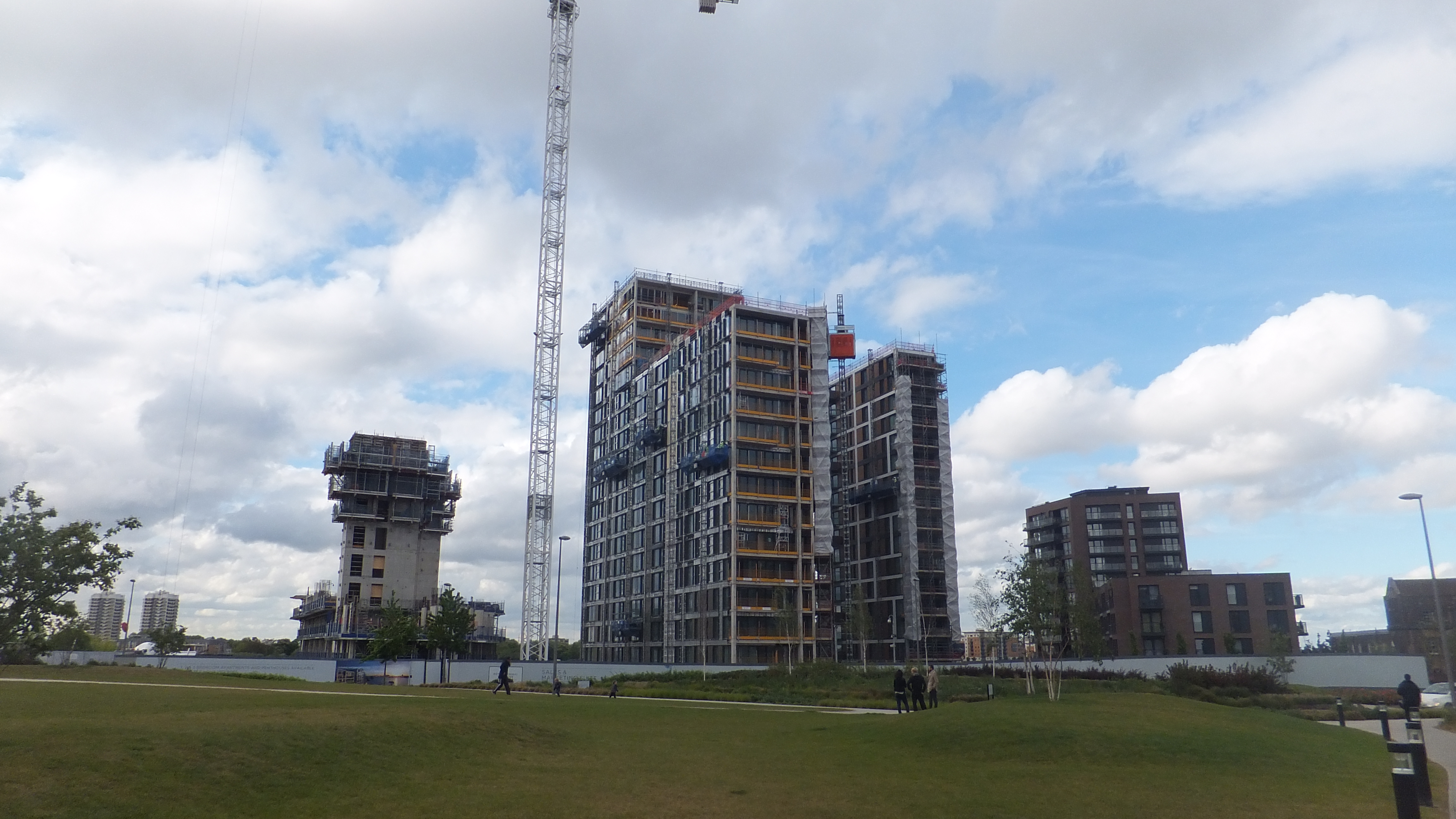

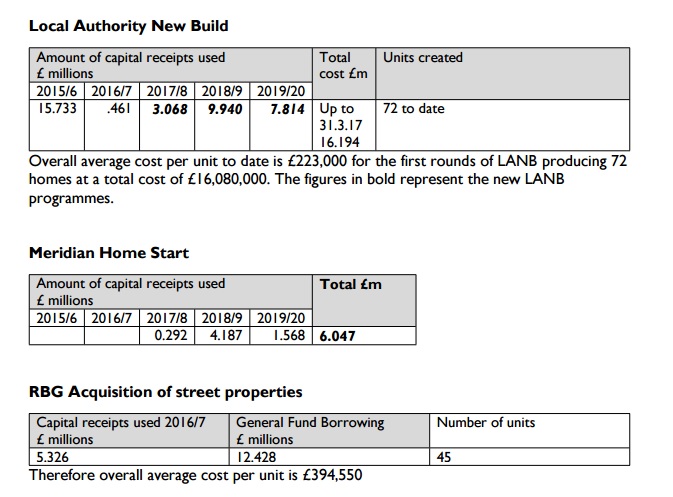
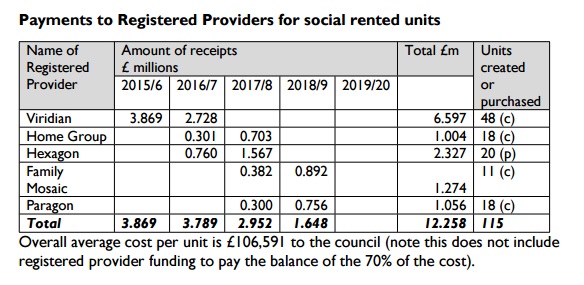



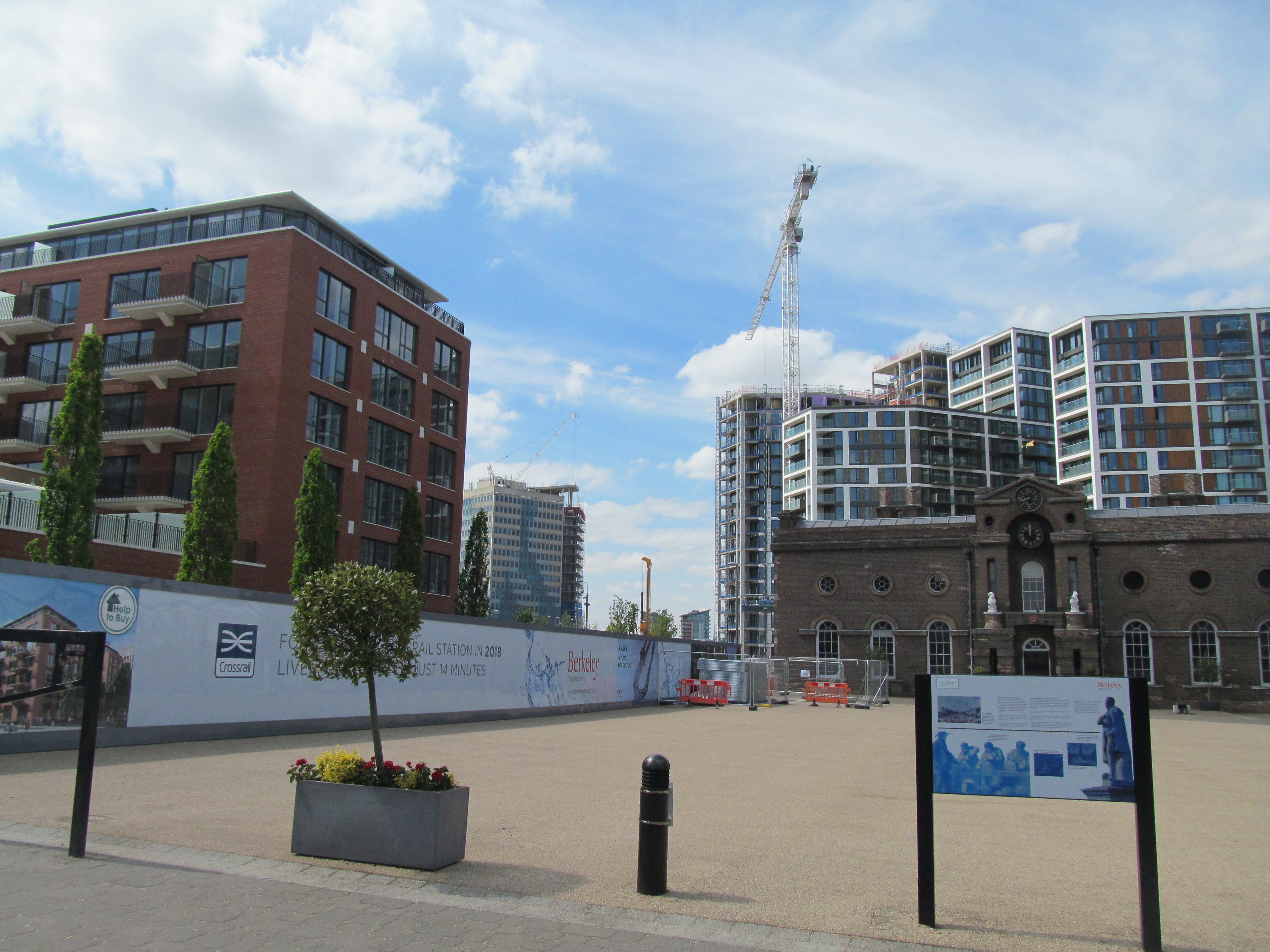
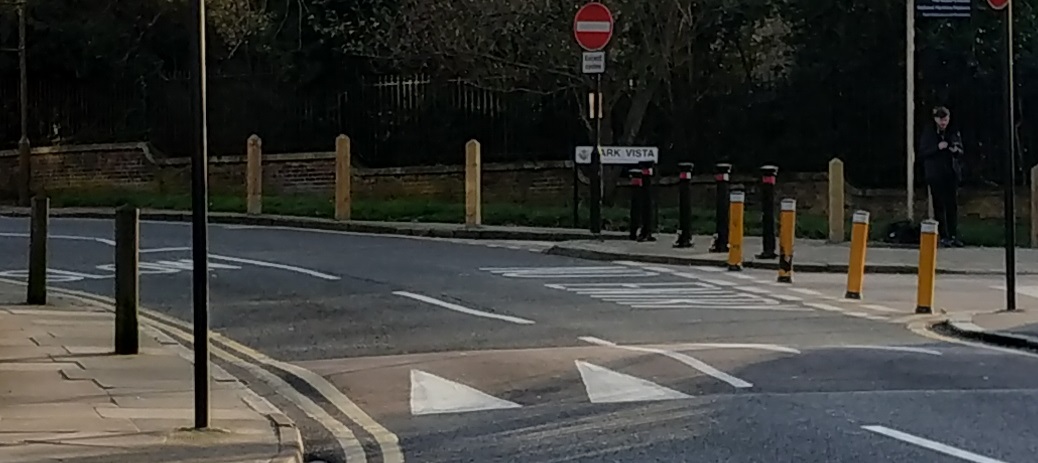
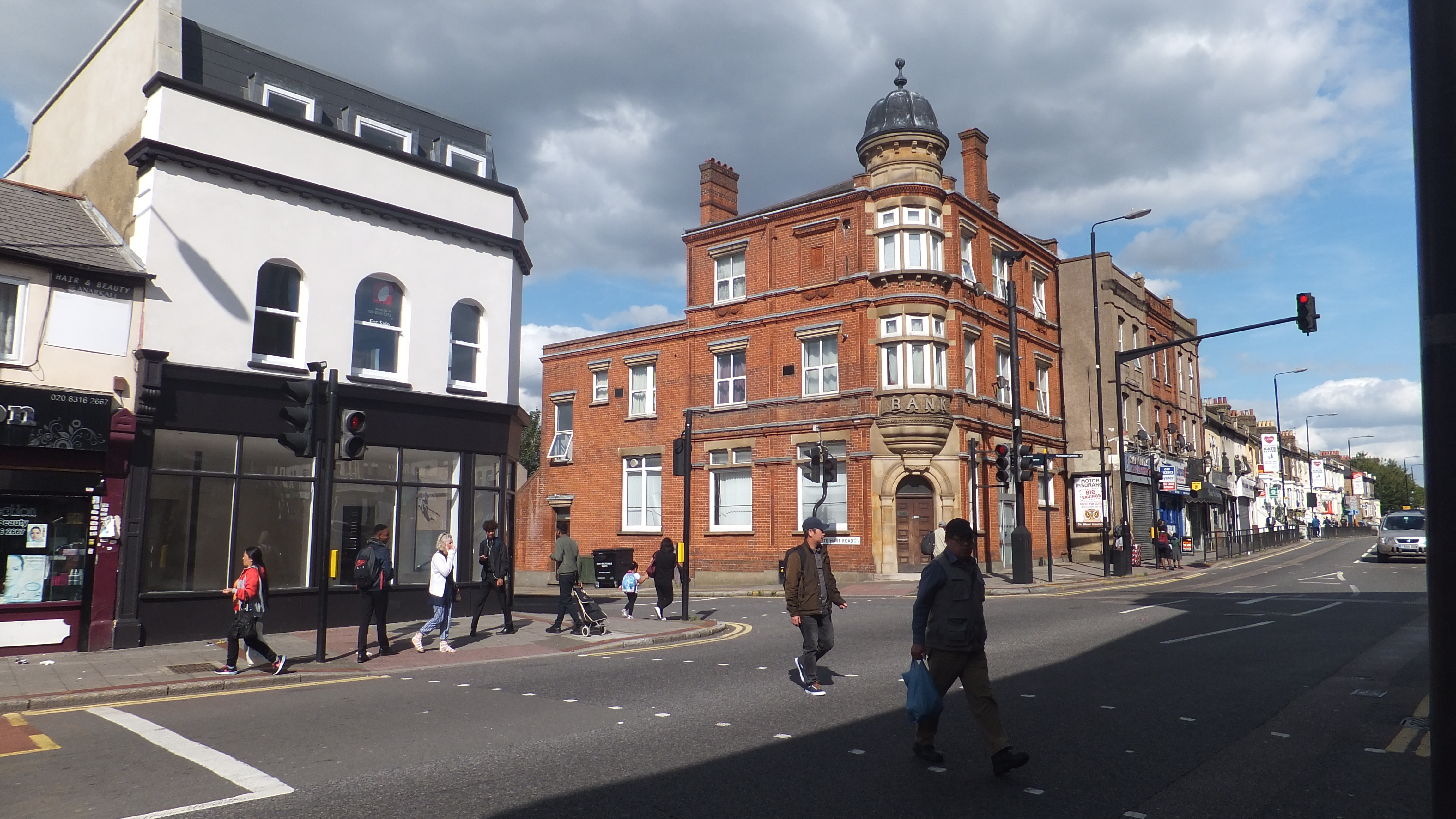
You’ll be glad to know that Greenwich Council have finally gotten round to repairing the section of wall you link to at “maintaining public spaces in a safe manner”. Perhaps they’ve been reading your blog.
A local resident who sent me photos had been contacting them for about 2 years before it finally begun. The Housing Dept said the rest of the wall is fine yet there’s a big crack appearing at the end of the wall with loose bricks at the top. Maintenance is crap.
Pingback: Another bookies to open on Plumstead High Street as Greenwich screw up planing process – fromthemurkydepths
The betting shop fiasco has garnered huge attention but this seems even more scandalous. £9 million in public money spent in a very inefficient way compared to other option which does not a jot for expanding housing numbers. A scandal surely given the opportunity’s to pair up with Registered Housing Providers to spend all RTB income? They’ve had years to arrange it. Seriously, resignations soon?
I think they should invest in the Eco homes projects and instead of spending the near 400k on a house at market value, to house 1 family. Provide grants for the homeless and near homeless of say 50k each to build there own sustainable homes. Surely that’s a better option.? And why did the council sell off all the old council homes anyway? To cause this crisis?
Councils were forced to sell off homes and had no choice. In the 80s they didn’t even receive a penny from those sales. It seems a very long shot for the homeless to build themselves. London needs very high density, and land prices are extremely high in large part due to government using taxpayer money to boost it (which benefits developers)
There is a deliberate lack of will on the part of local authorities to look for solutions to the housing crisis. Prefabrication is the way to go. The units come ready fitted out with kitchen and bathroom, cost much less than a traditional build and crucially, take much less time, although ironically Lewisham council took forever on the ‘pop up’ development on the old Ladywell leisure centre site.
Pingback: Greenwich Council look to sell Riverside House in Woolwich – FromTheMurkyDepths
Pingback: 582 homes and new cinema before Greenwich Planning Board next week – FromTheMurkyDepths
Pingback: Greenwich head of regeneration confuses “affordable” with social housing numbers – FromTheMurkyDepths
Pingback: Greenwich Council still to consult on how to spend TfL millions this year – FromTheMurkyDepths
Pingback: Greenwich Council spend £46.5 million buying homes off the open market – FromTheMurkyDepths